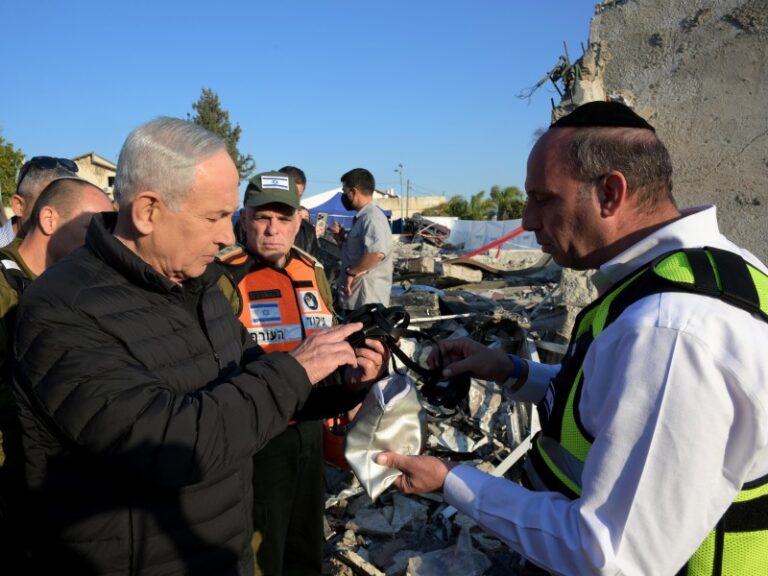
 By Venkatesh Raghavan
By Venkatesh Raghavan
The plight of those who formed an integral part of Mumbai’s famed nightlife
The city was never lacking in numbers, when it came to counting both domestic and foreign tourists. Their desire to be part of the happening city’s nightlife had propelled many visitors from the northern states as well as southern parts of India.
Post-Covid-19 lockdown, the city nightlife industry ground to an abrupt halt and also the tourist inflow was severely restricted owing to two reasons, namely lack of access to transport and lack of any motivation that would have existed to share and participate in the city’s nightlife. The money circulation got blocked and in absence of flow or circulation of currency, the reserves from existing capital funds dwindle fast.
Also read: Beneath the sheen of the tinsel town-4
If dwindling capital woes caused angst for the nightlife business owners, their direct support staff and also people employed in the ancillary industries were faced with scarce means of sustenance. This is the story as narrated by Rima who was working in a night club in the eastern suburbs of Mumbai. She used to make anywhere near Rs 1500 to Rs 2000 every night. She had also rented an apartment in the nearby Mankhurd locality that bordered Navin Mumbai, popularly known as New Bombay.
“My problems began on the night of March 24. I had no clue as to how long I would have to put up with financial hibernation. This uncertainty caught me in two minds. I felt I should return to my home town near Patna and wait till the storm blows over. On second thoughts, I wanted to stay back and try to gain alternate temporary employment as a domestic help or even floor assistant in the grocery stores that were operational. Being used to the anonymity the city-life offered and also averse to living amidst an intrusive social culture, I finally preferred to stay back hoping that the stringent rules may relax any time.”
“Three months down the line, my savings had touched a dangerously low threshold. I desperately needed a source of income. That is when I got to meet this boy who used to operate as a coffee vendor with the drum mounted on his cycle. He gave me the idea of selling Covid 19 face masks at a pre-commissioned rate. My street vending afforded me a hand-to-mouth life. I was faced with a new problem. I was low on funds to pay my house rent. Fortunately, my landlady was understanding and agreed to waive payment as she also reasoned that getting me out of my premise would not fetch her any benefit as under lockdown conditions there will hardly be any new taker for her flat.”
In general, bar women, bouncers, dancers, waiters and the kitchen staff at such night joints had to rough it out for eking out a living as most of them were unskilled to be employed in an alternate profession. It was learnt that many of them managed to return to their hometown three months post the lockdown and some of them are catering to the need of skeleton staff at hotels selling their regular cuisine only for parcel orders.
The worst hit in this category of workers were the dancers. It was reliably learnt from locals in suburban Bandra that many dance girls have opted to operate in the flesh trade. The irony was that those in the regular flesh trade racket at south Mumbai’s brothel areas adjoining Grant Road station had run out of business as their customer inflow came below a trickle. These freshly turned sex workers had managed to obtain support from persons discretely running the flesh trade clients.
To sum up, Mumbai’s nightlife and the reputation this city enjoys because of it may get consigned to pages in history. The city still breathes with little hope of regaining its halcyon days.





